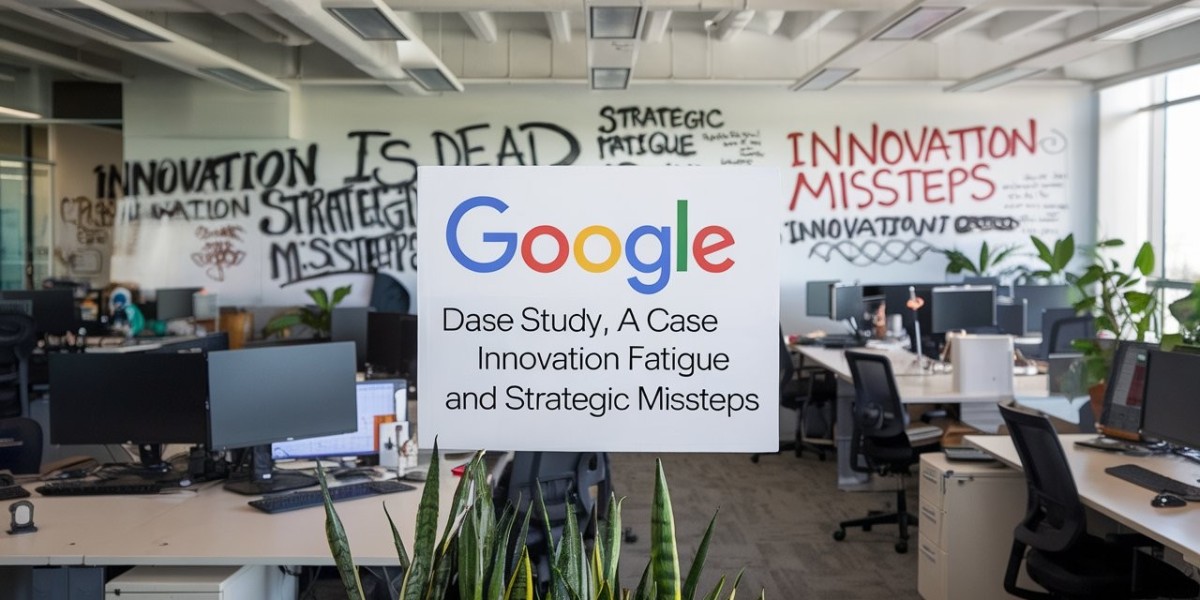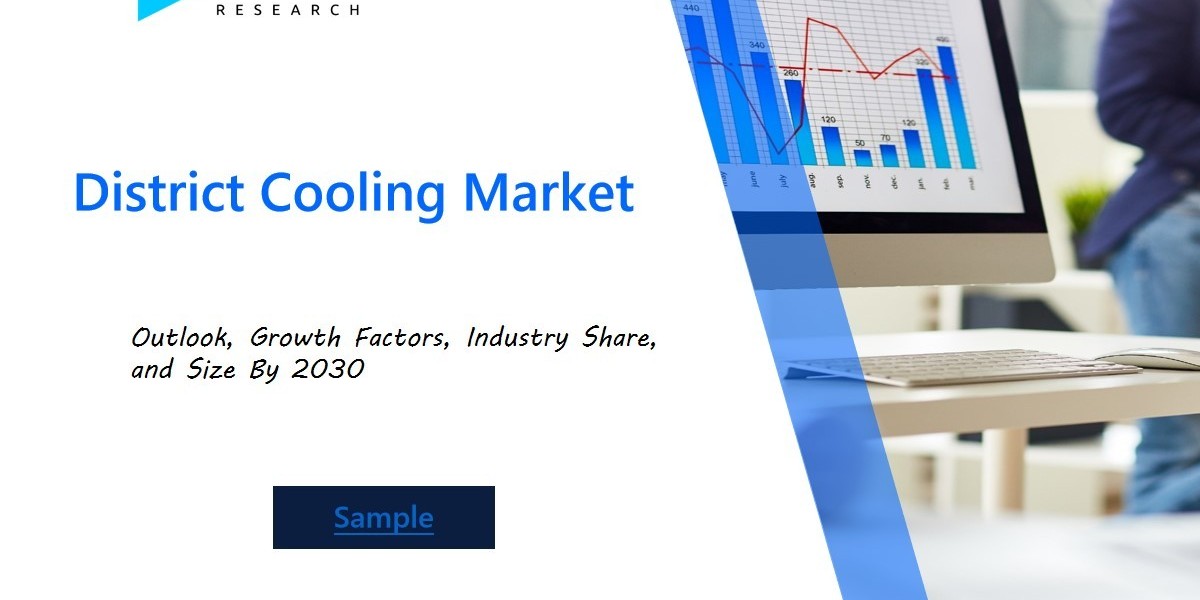The Pharmacy Management System (PMS) market has seen considerable growth in recent years, driven by the increasing need for efficiency and automation within the healthcare sector. As of 2024, the global PMS market was valued at USD 43.04 billion. This market is expected to grow at a CAGR of 9.8% during the forecast period from 2025 to 2034, reaching a projected value of USD 99.84 billion by 2034. The growing demand for improved operational efficiency, cost reductions, and enhanced patient care is primarily driving this market's expansion.
Market Overview
Pharmacy management systems are software solutions designed to help pharmacies manage and streamline their day-to-day operations, including inventory management, dispensing medications, billing, patient profiles, and regulatory compliance. These systems are vital for ensuring accuracy in medication dispensation, reducing medication errors, improving patient safety, and enhancing operational efficiency. As the healthcare sector increasingly turns to technology to manage complex operations, the demand for PMS solutions is growing. The integration of automation and artificial intelligence (AI) in pharmacy management processes further boosts the demand for these systems.
Market Size and Share
The pharmacy management system market was valued at USD 43.04 billion in 2024 and is expected to grow at a CAGR of 9.8% during the forecast period from 2025 to 2034. By 2034, the market is expected to reach a value of USD 99.84 billion. This growth is driven by rising global healthcare demands, the need for error reduction in pharmaceutical practices, and the growing trend of adopting automated pharmacy solutions. The market's expansion is further supported by increasing investments in healthcare IT solutions and the shift toward cloud-based PMS technologies.
Market Trends
- Cloud-Based Pharmacy Management Systems
Cloud-based pharmacy management systems are gaining momentum in the market due to their flexibility, scalability, and cost-effectiveness. With cloud deployment, pharmacies can access data remotely, improving collaboration and enhancing real-time decision-making. Additionally, the cloud model reduces the cost of infrastructure and maintenance, allowing smaller pharmacies to implement advanced PMS solutions. Cloud-based systems are becoming the preferred option for pharmacies of all sizes, boosting the overall growth of the market. - Integration of Artificial Intelligence (AI) and Machine Learning (ML)
Artificial intelligence and machine learning are transforming the pharmacy management system landscape. AI and ML help improve medication dispensing accuracy, predict inventory needs, and enhance patient outcomes by analyzing large volumes of data. These technologies are improving decision-making and optimizing pharmacy workflows. AI-powered PMS platforms can also provide predictive analytics for patient medication management, making them a valuable asset for pharmacies looking to improve service delivery. - Focus on Compliance and Regulatory Adherence
With the growing complexity of healthcare regulations, pharmacies are increasingly adopting PMS solutions to ensure compliance with local and international standards. Pharmacy management systems help automate the tracking and reporting of regulatory requirements, such as controlled substance monitoring and patient privacy laws. This trend is further driven by the need for pharmacies to reduce compliance risks, avoid penalties, and maintain trust with patients and healthcare providers. - Improved Inventory Management
Inventory management is one of the critical functions of pharmacy management systems, and advancements in automation are making this process more efficient. PMS solutions now offer real-time tracking and alerts for medication stock levels, expiration dates, and reordering needs. Automated inventory management helps reduce stockouts, prevent medication wastage, and optimize the overall supply chain. As pharmacies continue to focus on efficiency, these advanced inventory features will play a vital role in market growth.
Market Analysis
- Mode of Deployment: On-Premises vs. Cloud-Based
The pharmacy management system market is segmented based on the mode of deployment into on-premises and cloud-based solutions. On-premises deployment offers greater control over data and security, making it a popular choice for larger pharmacy chains and hospitals. However, the cloud-based segment is expected to grow significantly due to the cost benefits, scalability, and ease of remote access it provides. The cloud-based deployment model is especially attractive for smaller pharmacies and independent practitioners looking for affordable and flexible PMS options. - Component Segmentation: Solutions and Services
Pharmacy management systems are classified into two main components: solutions and services. The solution component includes the software used for managing pharmacy operations, such as dispensing, billing, and inventory management. The services component refers to the support and maintenance services provided by PMS vendors, including training, integration, and troubleshooting. The solutions segment dominates the market, as pharmacies continue to prioritize robust and reliable software to streamline their operations. - Regional Insights: North America’s Dominance
North America holds the largest share of the pharmacy management system market due to the region's advanced healthcare infrastructure, high adoption of healthcare technologies, and favorable regulatory environment. The U.S., in particular, is the largest market, driven by the growing demand for efficient pharmacy operations and the widespread adoption of electronic health records (EHRs). Additionally, the region’s focus on reducing healthcare costs and improving patient outcomes contributes to the increasing adoption of pharmacy management systems. - Regional Insights: Asia Pacific’s Rapid Growth
The Asia Pacific region is expected to experience significant growth in the pharmacy management system market during the forecast period. Countries such as China, Japan, and India are investing heavily in improving their healthcare infrastructure, creating opportunities for the adoption of pharmacy management systems. The rapid urbanization, expanding healthcare access, and government initiatives to improve healthcare quality are key drivers of market growth in this region. As healthcare systems in Asia Pacific continue to modernize, the demand for PMS solutions will rise.
Market Growth
Several factors are contributing to the growth of the pharmacy management system market. The increasing demand for operational efficiency in pharmacies, driven by the need to reduce errors, streamline workflows, and improve patient outcomes, is one of the key growth drivers. The rising adoption of electronic prescriptions, advancements in healthcare IT, and the shift toward automated pharmacy processes are all fueling market growth. Additionally, the growing need for real-time inventory management and enhanced regulatory compliance is driving the adoption of PMS solutions across healthcare settings.
Get a Free Sample Report with a Table of Contents
Recent Developments & Challenges
- Introduction of AI and Automation
The integration of AI and automation in pharmacy management systems has led to significant improvements in medication dispensing accuracy and workflow efficiency. Innovations in AI are enabling predictive analytics, which helps pharmacies anticipate patient needs and optimize inventory management. This advancement in technology is helping pharmacies provide better patient care while reducing costs and errors. - Regulatory Changes
Regulatory changes in healthcare, particularly related to drug dispensation and patient privacy, have increased the demand for pharmacy management systems that ensure compliance. In many regions, pharmacies are required to implement solutions that track and manage controlled substances, maintain patient confidentiality, and ensure accurate reporting. These evolving regulations are encouraging the adoption of PMS solutions that automate and streamline compliance processes. - Telemedicine and Remote Services
With the rise of telemedicine and remote healthcare services, pharmacies are increasingly adopting pharmacy management systems that integrate with telehealth platforms. This integration ensures that prescriptions are accurately managed, and patient safety is maintained in a remote healthcare environment. The growth of telemedicine presents a significant opportunity for the PMS market, as it drives the need for innovative solutions that support remote pharmacy services. - Data Security and Privacy Concerns
As pharmacy management systems store sensitive patient data, the growing concerns around data security and privacy remain a significant challenge. Pharmacies must invest in robust cybersecurity measures to protect patient information and comply with regulatory standards, such as the Health Insurance Portability and Accountability Act (HIPAA). Addressing these concerns is essential for ensuring the continued growth and adoption of PMS solutions.
Key Players
McKesson Corporation
McKesson Corporation is a leading player in the pharmacy management system market, offering a comprehensive range of healthcare solutions, including advanced pharmacy management technologies. McKesson’s pharmacy management software solutions help streamline medication dispensing, improve patient safety, and optimize pharmacy operations. With its strong presence in the healthcare industry and extensive portfolio, McKesson continues to be a key player in the market.
Cerner Corporation
Cerner Corporation is a global healthcare technology company that provides innovative pharmacy management systems designed to improve medication safety and operational efficiency. Cerner’s pharmacy solutions integrate seamlessly with electronic health records (EHRs) to enhance clinical workflows and ensure accurate medication management. Cerner’s commitment to improving healthcare delivery through technology solidifies its position as a leading provider of pharmacy management solutions.
Becton Dickinson and Co.
Becton Dickinson and Co. is a global leader in medical technology, providing a range of pharmacy management solutions aimed at improving medication safety, inventory management, and patient outcomes. The company’s pharmacy management systems are designed to reduce medication errors, enhance dispensing accuracy, and improve overall pharmacy workflows. Becton Dickinson’s expertise in healthcare technology makes it a significant player in the PMS market.
Omnicell Inc.
Omnicell Inc. offers a wide range of pharmacy management solutions, including automation technologies, medication dispensing systems, and inventory management solutions. Omnicell’s systems are designed to streamline pharmacy operations, reduce medication errors, and improve patient care. With a strong focus on innovation, Omnicell continues to lead the market in providing integrated pharmacy management solutions that support healthcare providers.
Other companies in the pharmacy management system market include Talyst LLC, Allscripts Healthcare Solutions Inc., Epicor Software Corporation, ACG Infotech Ltd., Clanwilliam Health Ltd., DATASCAN (DCS Pharmacy Inc.), GlobeMed Ltd., Health Business Systems Inc., Idhasoft Ltd., MedHOK Inc.
FAQs
What is a pharmacy management system (PMS)?
A pharmacy management system is a software solution used to streamline and manage various pharmacy functions, including dispensing medications, managing inventory, billing, and ensuring regulatory compliance.
Why are cloud-based pharmacy management systems becoming popular?
Cloud-based pharmacy management systems offer flexibility, scalability, and cost-efficiency. They allow pharmacies to access data remotely, improving collaboration and decision-making while reducing infrastructure costs.
What are the key drivers of growth in the pharmacy management system market?
Key drivers include the increasing demand for efficiency, automation in pharmacy operations, regulatory compliance, and the adoption of advanced technologies such as AI and machine learning.
What challenges are faced by the pharmacy management system market?
The main challenges include data security concerns, the need for compliance with evolving healthcare regulations, and the integration of PMS solutions with existing healthcare infrastructure.
Read Our Blogs
Top 6 Companies in the United States Dialysis Services Market
Trump's New Tariff Plans: Impact on Global Biopharma & Healthcare Industry







